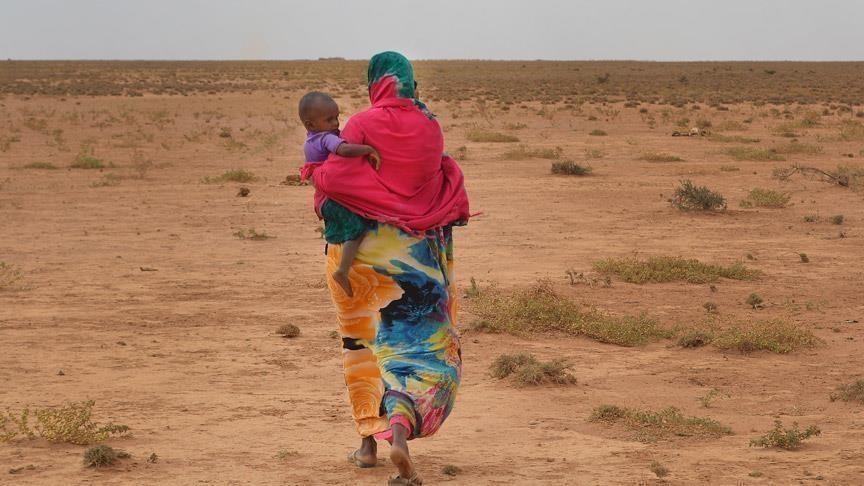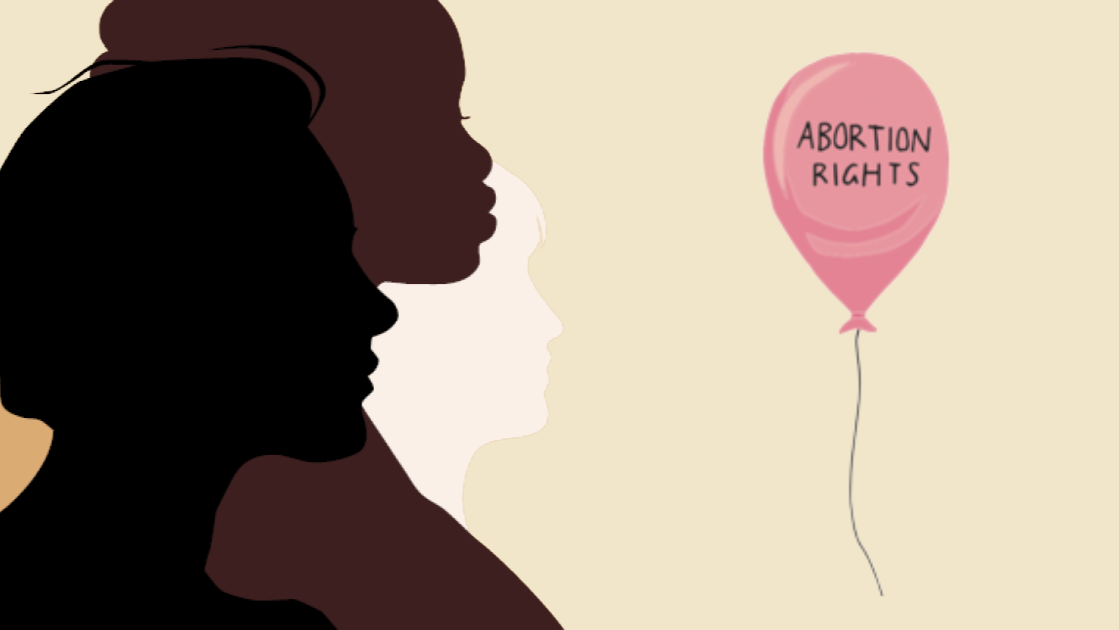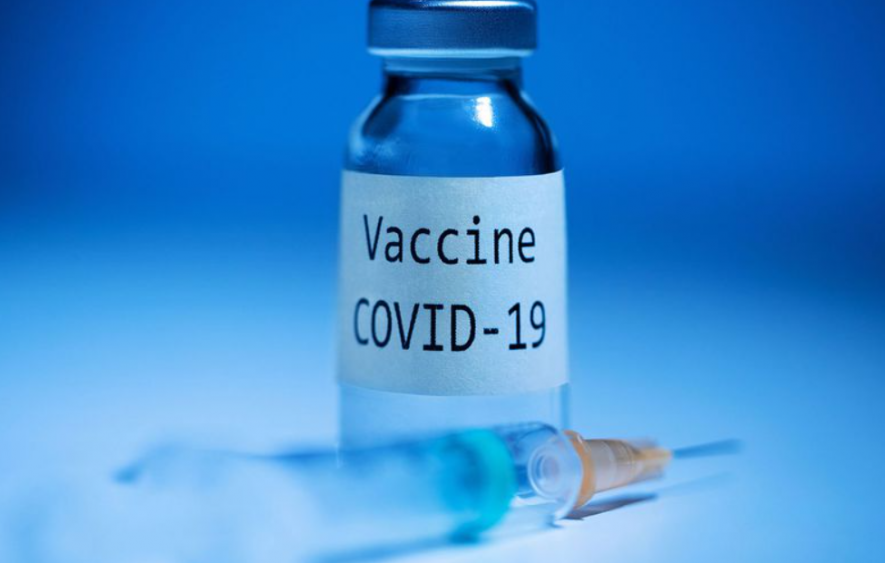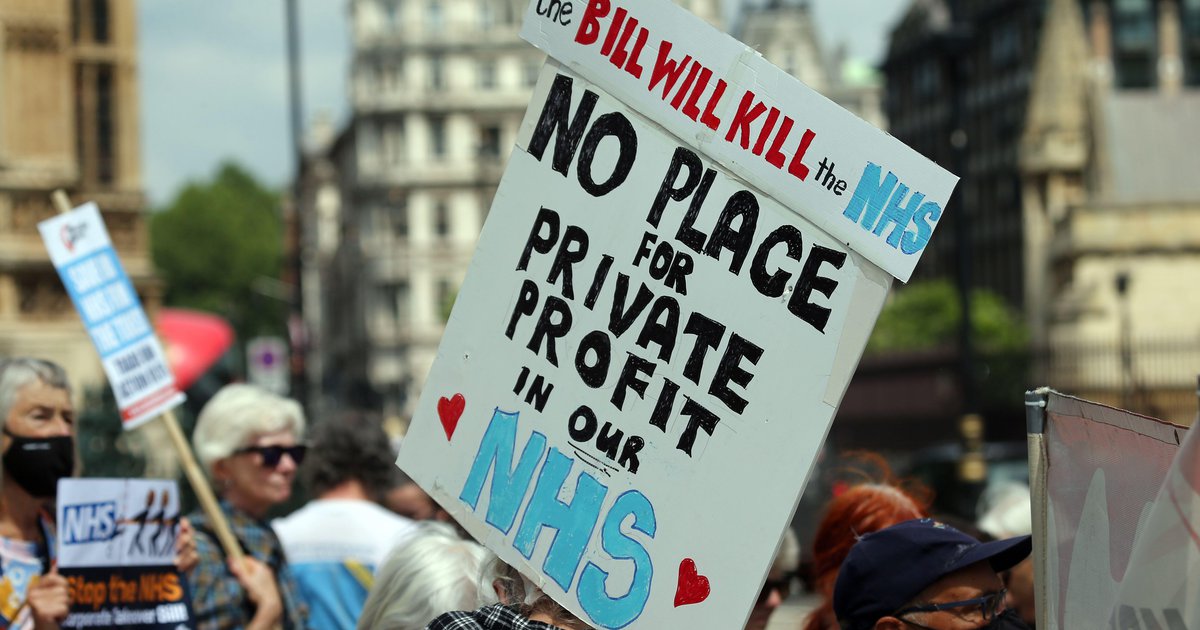Bulletin #29: Violence against health workers and rights persists

This fortnight
Violence against health workers and health infrastructure continues to add to the overall burden in regions plagued by wars and armed conflict. The Israeli occupation of Palestine is one of the cases where the effects of this are easiest to see: in 2021, Israeli Occupying Forces (IOF) injured more than 60 health workers and damaged over 30 health facilities. We bring more in Data speaks.
Palestinians’ right to health remains undermined by different forms of oppression, including the 15-year blockade of Gaza, which has led to widespread inability to access necessary care. The IOF also target Palestinian activists, including those involved in the protection of basic rights like education and health, in an attempt to crush the people’s spirit. We met with Palestinian nurse and health activist Shatha Odeh to hear about her experience during 11 months she spent in an Israeli prison.
First line health respondents in Ecuador supported the recent national strike by marching along with Indigenous and Afro-descendant communities. While the agreement between the organizers of the strike and the government gives hope for improvement of social and environmental determinants of health, the need remains for strengthening the health system as well.
Proof that health systems based on people’s rights, rather than private interests, lead to impressive outcomes doesn’t stop flowing in from Cuba. By making people’s health a priority and investing in a well-organized, widespread Primary Health Care network, Cuba was able to drastically reduce infant mortality and the toll of diseases associated with poverty.
At the same time, the US continues to move in a completely different direction after the Supreme Court struck down Roe v. Wade ruling and, by doing so, removed federal protection of the right to abortion. The move has already led to abortion bans in several states, and is expected to worsen existing health and socioeconomic inequities.
Because of the wavering action on the level of global health governance, it continues to be near impossible to strengthen generic production of medical devices due to the absence of a standardized nomenclature system. At the same time, differences in access to Covid-19 vaccines, tests, and therapeutics persist - and a similar situation is likely to arise when response to monkeypox is concerned, in case the international approach does not change.
In Short reads, we look into the mental health effects of the rupture of the Vale dam in Brazil.
Video: 11 months in Israeli prison: Shatha Odeh’s struggle for basic rights
Palestinian health activist Shatha Odeh who was released recently after spending months in Israeli prisons describes the struggle for basic rights while incarcerated
Palestinians suffer inhumane health conditions under the 15-year blockade of Gaza
A human rights report reveals how the Israeli apartheid regime’s blockade of Gaza prevents Palestinians from accessing their human right to health
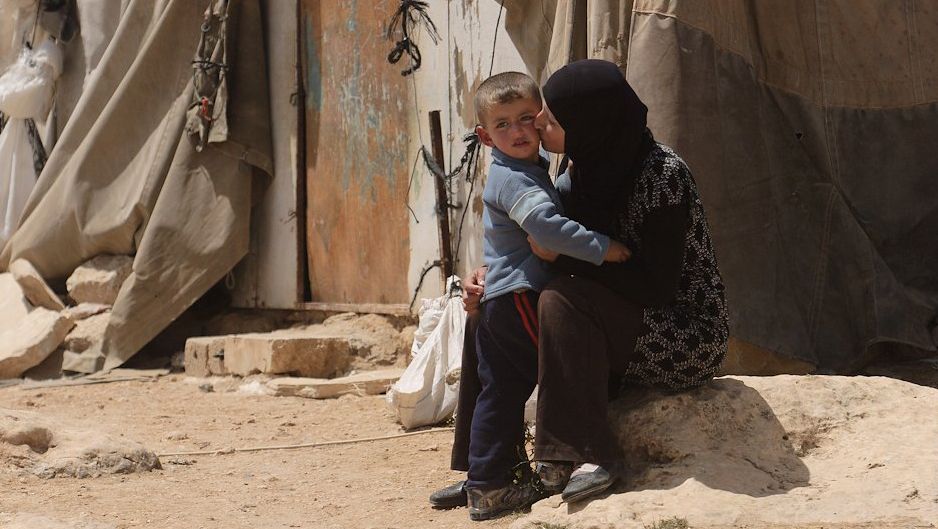
How Cuba is eradicating child mortality and banishing the diseases of the poor
The drastic reduction in infant mortality rates is yet another testimony to the Cuban Revolution’s attention to the health of the country’s population
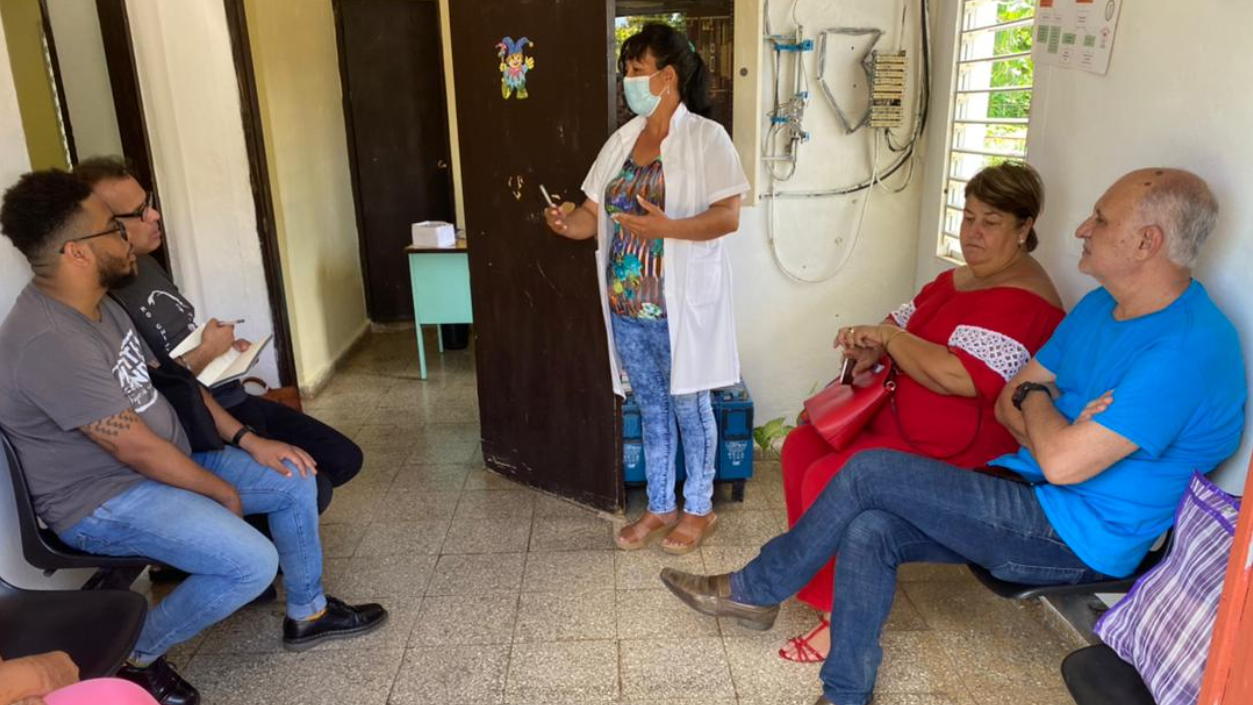
US abortion rights struck down: what now?
A few days following the Supreme Court decision, an uneven patchwork of abortion bans across the country only re-enforces existing inequality
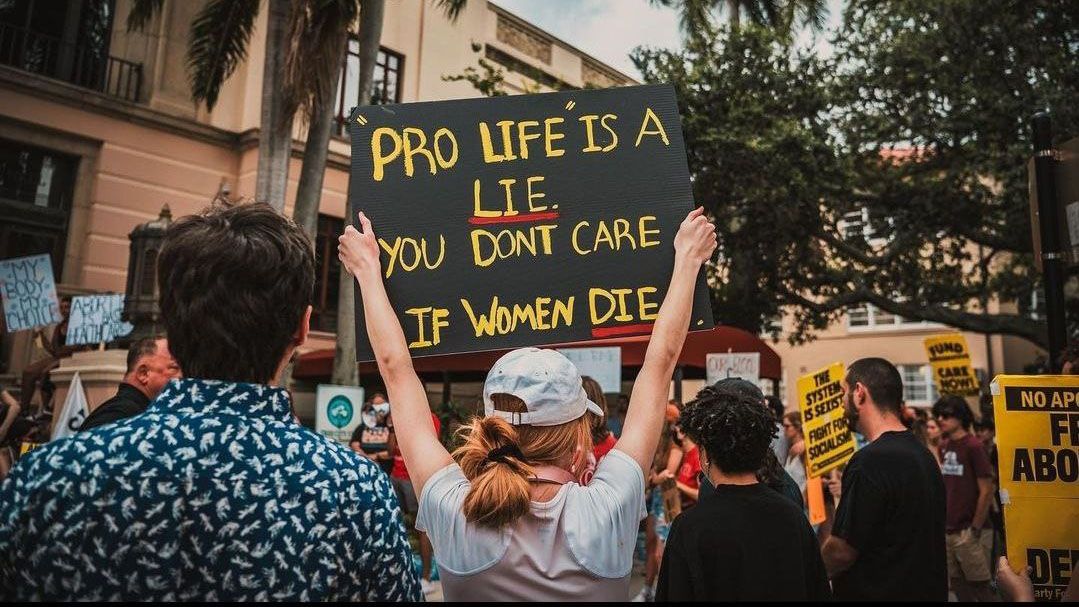
Will Monkeypox Outbreak Replay AIDS and Covid-19 Script?
The West cannot keep infectious diseases out any more than claim victory over them. Microbes evolve and strike back unless sporadic outbreaks are tackled wherever they occur
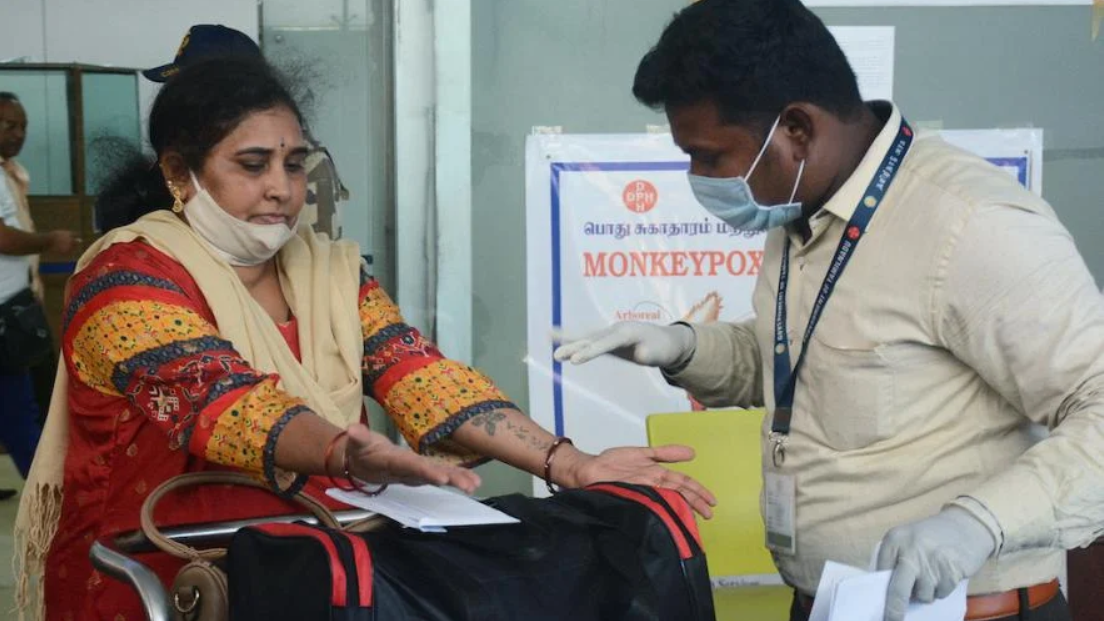
National strike in Ecuador was also a strike for people’s health
Strengthening the health system and addressing social and environmental determinants of health ranked high among the demands of the national strike in Ecuador, yet provisional agreement with government leaves it unclear if advances will be made
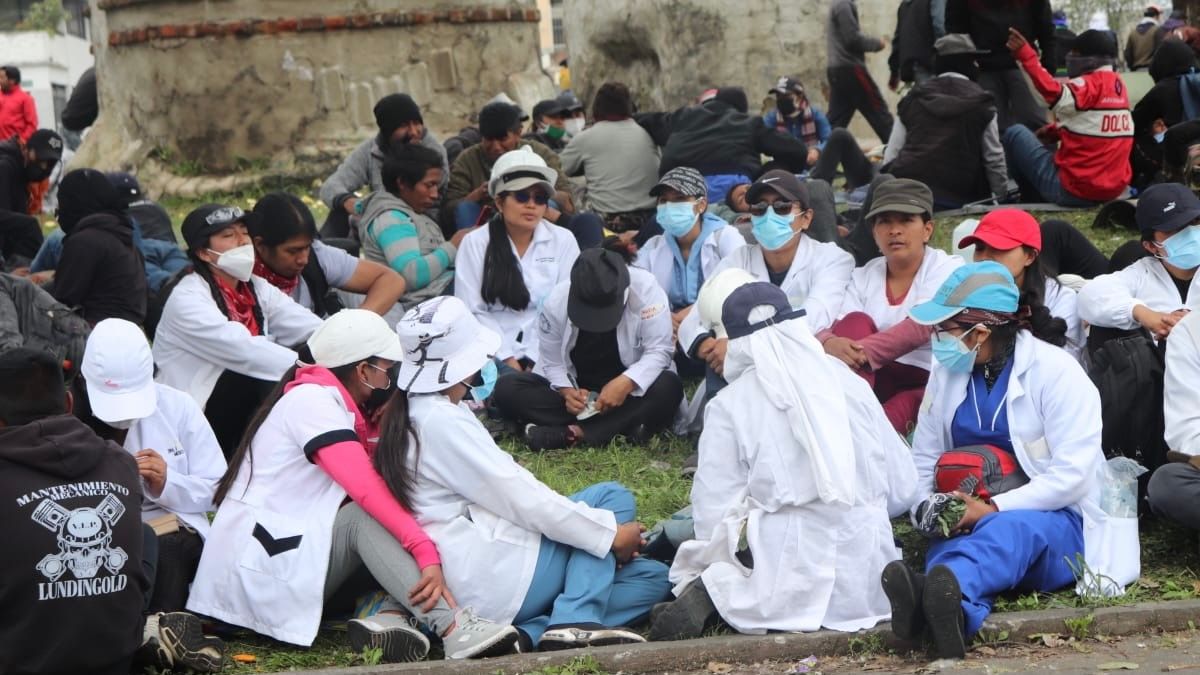
Nomenclature system for medical devices could promote equity and accessibility
Delegates at World Health Assembly discussed new standardized nomenclature system for medical devices, which could boost accessibility and coordination
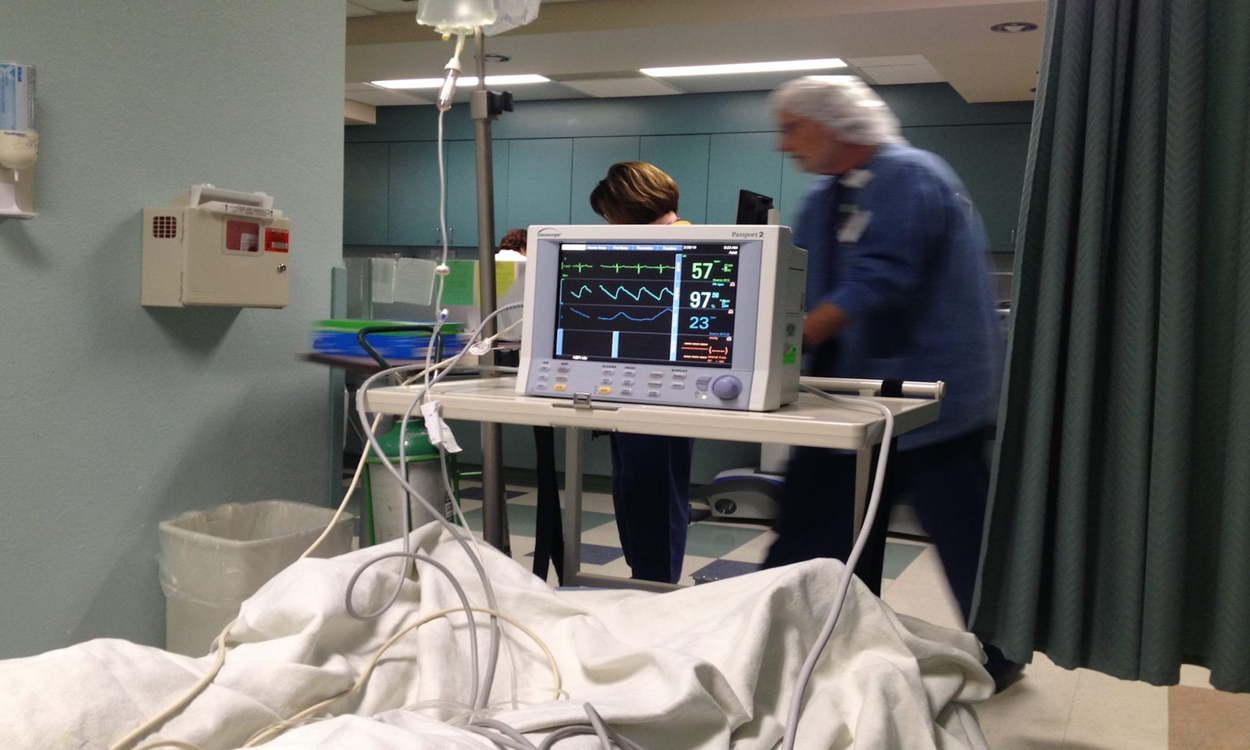
Short reads
Brumadinho: mental illness among people affected by the Vale disaster are on the rise
Depression, anxiety, insomnia and panic are among the disorders reported by those affected by the catastrophe
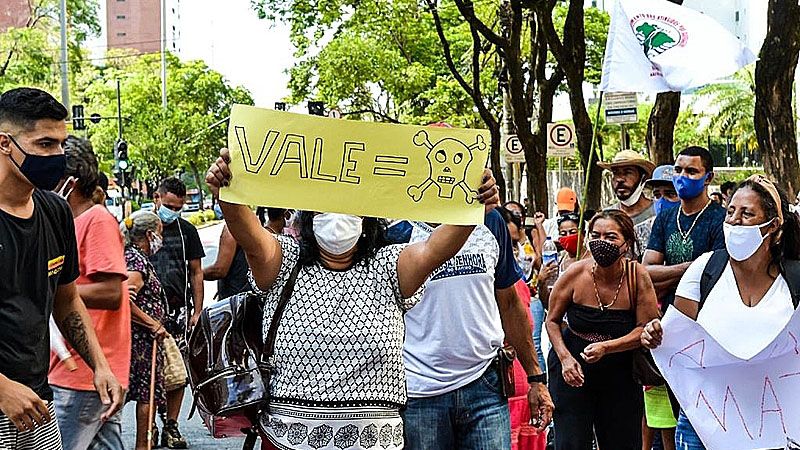
Data speaks
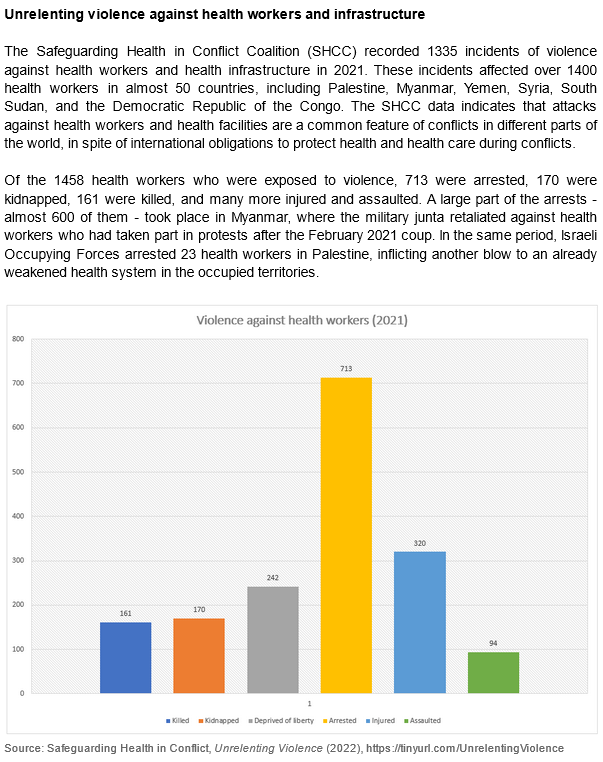
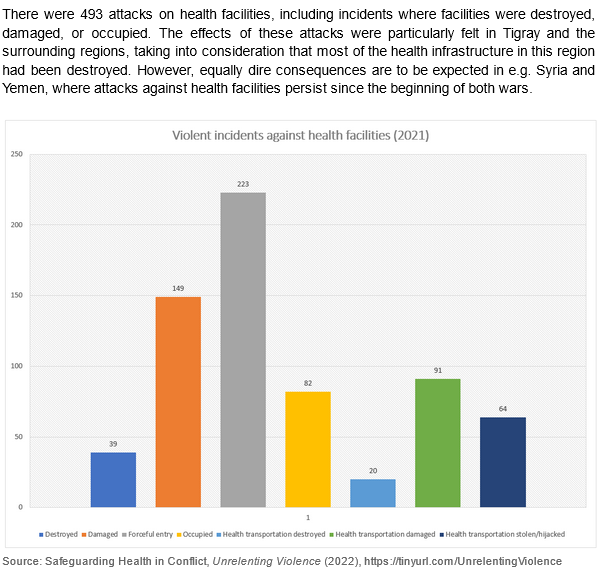
In case you missed it


